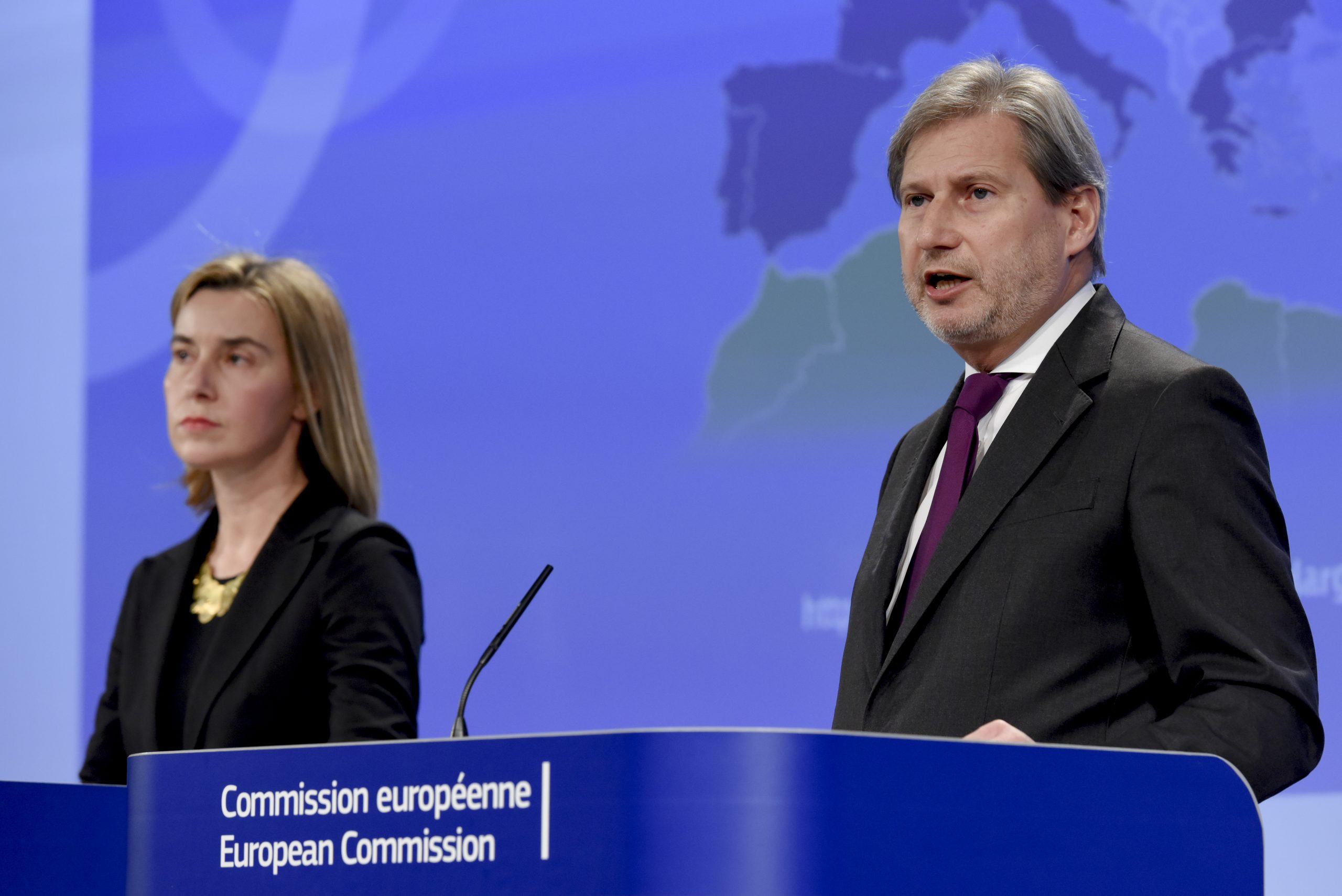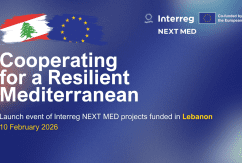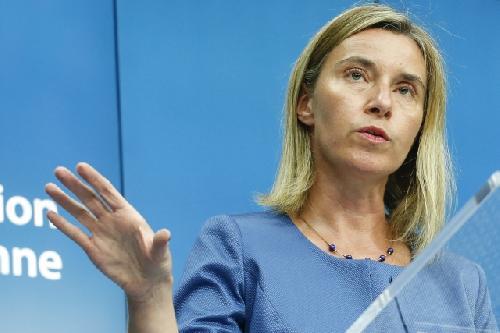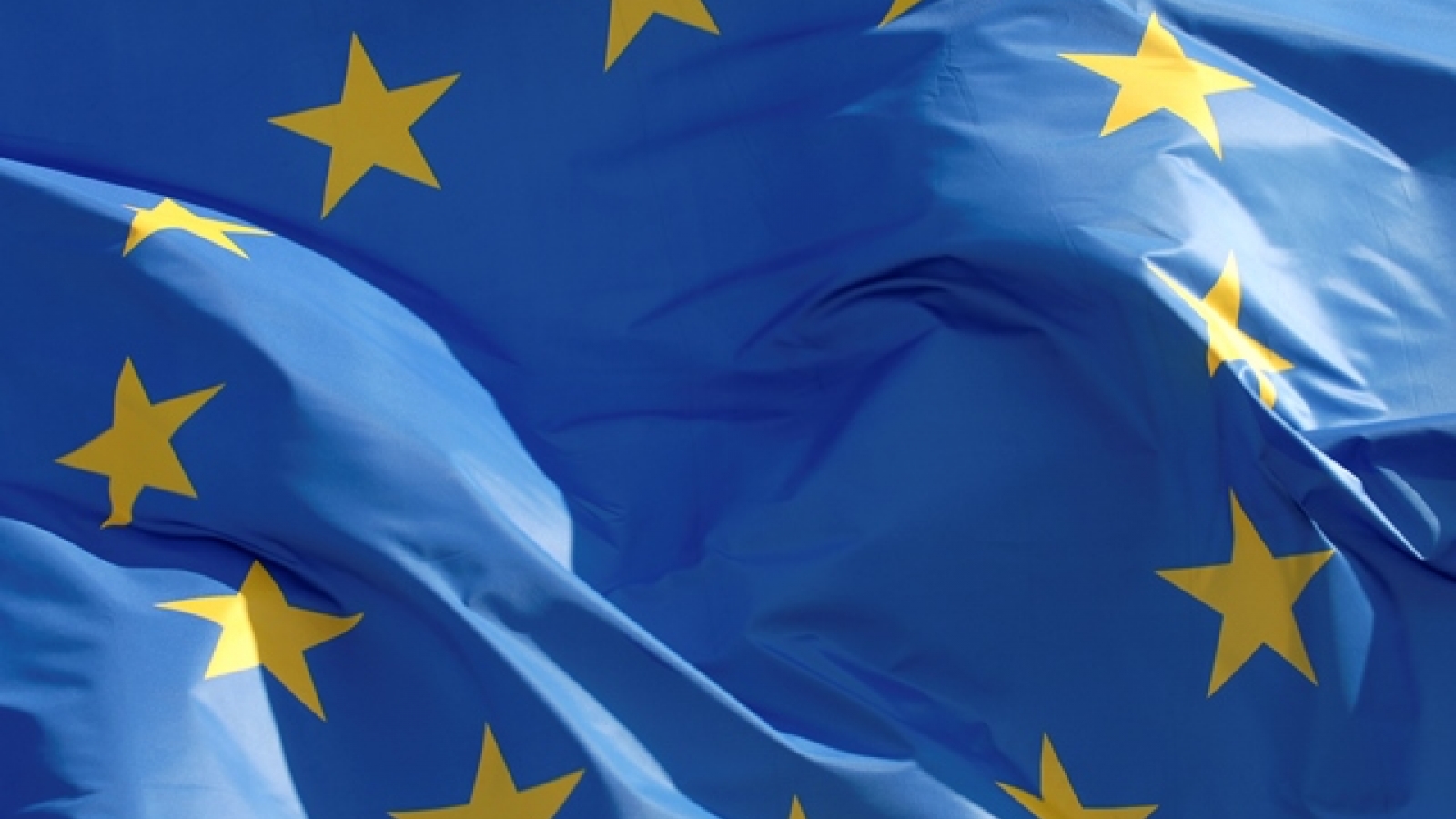European Neighbourhood Policy Report: reenergising relations with neighbouring countries through tailor-made partnerships

The European Commission today published a neighbourhood-wide Joint Report on the implementation of the European Neighbourhood Policy. Today’s report demonstrates that the new policy approach ensures stronger joint ownership and more flexibility by recognising different aspirations and diversity of each partner. The report is a follow-up to the European Neighbourhood review which was adopted in November 2015.
Within the new political framework, the EU is acting with more flexibility and sensitivity towards its partners, deploying its resources with more impact as regards the implementation of the key priorities. The reviewed ENP has mobilised significant support to reforms in four priority areas: good governance, democracy, rule of law and human rights; economic development for stabilisation; security; migration and mobility.
“One year and a half after the review of the European Neighborhood Policy, we have managed to build – in cooperation and full partnership – a tailor made approach with each and every country, to ensure it addresses the real needs and interests, for the sake of all our citizens.” said Federica Mogherini, High Representative for Foreign Affairs and Security Policy, upon publication of the joint report.
”We consulted widely before updating the Neighbourhood Policy – and this report shows how we are really putting into action the results of that consultation: a stronger focus on mutual interests, greater differentiation to reflect the diversity of our partners, a greater sense of shared ownership of the policy and more flexibility in how it is implemented,” added Johannes Hahn, EU Commissioner for Neighbourhood Policy and Enlargement Negotiations.
The report highlights that 2016 saw progress on reenergising the relations with the neighbouring countries through new forms of tailor-made partnerships. This has included work on new country-specific frameworks for bilateral cooperation in the form of Partnership Priorities and updated Association Agendas.
Partnership Priorities with Lebanon and Jordan were adopted at the end of 2016. In order to help both countries address the impact of the refugees following the Syrian conflict, Compacts containing priority actions and mutual commitments were agreed and annexed to the Partnership Priorities.
Partnership Priorities with Algeria were adopted in March 2017. Dialogues took place on energy and migration; an agreement was signed on civil protection and cooperation programmes have been adopted on renewable energy, economic diversification and public financial management, responding to the major economic and fiscal challenges Algeria currently faces.
Draft Partnership Priorities with Egypt were provisionally agreed in December 2016. With Tunisia, 2016 has seen an intensification of existing forms of cooperation. A Joint Communication was adopted in September 2016 that set out further actions to promote long-term stability, including good governance, justice reform, socio-economic development and security. It also provided a basis for the creation of the Joint Parliamentary Committee EU-Tunisia in September 2016 and for the EU’s substantial contribution at the Tunisia 2020 investors’ conference in November 2016.
In Morocco, the EU has supported the country’s reforms agenda in a wide range of social (education, health, social protection, gender, Technical Vocational Education and Training – TVET), economic (regulatory approximation, green growth, agriculture, and public financial management) and justice sectors. Technical and financial cooperation with Morocco continued throughout the period of legal uncertainty pending the European Court of Justice (ECJ) decision on the EU Morocco Agriculture Agreement.
EU cooperation has adjusted to the very particular circumstances of the situation in Libya, including by channelling support through municipalities. The EU is committed to fully implement the Libyan Political Agreement (LPA) and to continue to mediate preserve the country’s unity and tackle terrorism and irregular migration.
The EU Strategy for Syria sets out the EU’s strategic goals, immediate objectives and lines of action for the resolution of the war in Syria and dealing with its immediate and long-term humanitarian impact. In 2016 the EU increased considerably its non-humanitarian assistance combining cross-border assistance with support from inside Syria with the aim to address the needs of the population and strengthen local resilience. The EU’s assistance is also used to support significantly the five million Syrian refugees in neighbouring countries and their host communities.
As regards Israel and Palestine, the EU remains firmly committed to a two-state solution. The EU has invested considerably in strengthening the capacity of the Palestinian Authority, above all in the implementation of key reforms in areas such as fiscal consolidation, regulatory framework, and civil service integration. EU funding has also focused on investments that can contribute to sustainable improvements of living conditions, particularly in the Gaza Strip.
Read more
Full Report
European Commission ENP website





























 Syria
Syria 





